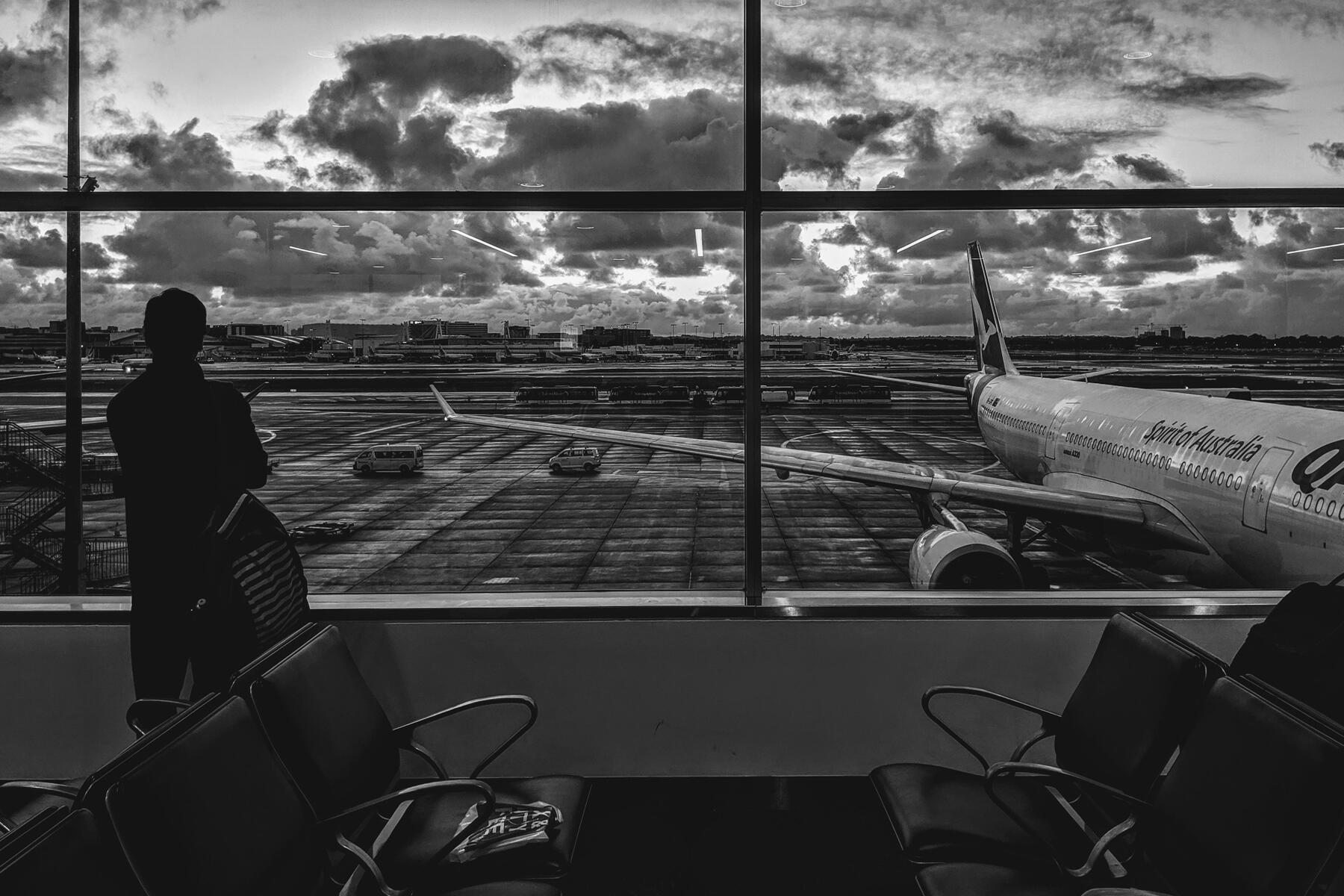The new variant is a cause for concern.
The Thanksgiving weekend came with the unwelcome headlines of a new variant that was detected in South Africa and is mushrooming in the world. If you’ve seen the news cycles going into overdrive, let’s start with what we know: not much. Researchers are still studying this new variant, so it’s time to wait and get your shot.
The White House readout revealed that Dr. Anthony Fauci, in his meeting with President Biden, said that it will take two more weeks to have more definitive information on the transmissibility, severity, and other characteristics of the variant. “He continues to believe that existing vaccines are likely to provide a degree of protection against severe cases of COVID.”
In an interview, Dr. Fauci also said that he won’t be surprised if the variant is already in the U.S. “We have not detected it yet, but when you have a virus that is showing this degree of transmissibility and you’re already having travel-related cases that they’ve been noted in Israel and Belgium and in other places—when you have a virus like this, it almost invariably is ultimately going to go essentially all over.”
However, Dr. Fauci just appeared on Good Morning America and reassured that more restrictions are not expected right now.
Recommended Fodor’s Video
So, what’s happening now?
Omicron Is a Variant of Concern
The World Health Organization has identified a new coronavirus variant B.1.1.529 or Omicron. It was first reported to WHO from South Africa on November 24, the report specifies, and this variant is now designated as a variant of concern. It has a high number of mutations. It is feared that Omicron could be more transmissible and may make vaccines less effective, but researchers are still conducting studies to understand if it’s more severe than other variants, including this summer’s villain Delta.
Omicron is also being reported in other countries including Botswana, Australia, Belgium, Hong Kong, Israel, the UK, Canada, Denmark, Austria, and Italy. While it’s still early stages and we don’t know where exactly it originated, countries around the world are scrambling to reinstate travel restrictions and bans.
Travel Bans Are Back
Israel closed its borders to non-citizens on Sunday, while returning citizens will come back to tougher rules, including a PCR test and quarantine. Japan is following suit—it will restrict all foreign national arrivals starting November 30. Morocco is also banning all passenger flights, but right now the restriction is announced for two weeks.
The U.S. has banned non-citizens from eight African countries: South Africa, Botswana, Zimbabwe, Namibia, Lesotho, Eswatini, Mozambique, and Malawi.
The UK has added South Africa, Namibia, Lesotho, Botswana, Eswatini, and Zimbabwe to its red list, and the European Union has stopped flights from the Southern African region. Other countries that are imposing bans are the Maldives, Hong Kong, Canada, Brazil, Thailand, Singapore, Dubai, Turkey, the Philippines, and Australia.
South Africa criticized this move by countries and called it discriminatory. President Cyril Ramaphosa stated, “These restrictions are unjustified and unfairly discriminate against our country and our Southern African sister countries. The prohibition of travel is not informed by science, nor will it be effective in preventing the spread of this variant.”
South Africa has advanced genome sequencing capabilities. Its scientists identified the variant of concern and rang alarm bells quickly to help the world navigate its impacts, but now the country is being shunned by the world.
The country’s Ministry of International Relations and Cooperation alleged that they were being punished for their transparency. “This latest round of travel bans is akin to punishing South Africa for its advanced genomic sequencing and the ability to detect new variants quicker. Excellent science should be applauded and not punished. The global community needs collaboration and partnerships in the management of the COVID-19 pandemic,” the statement pointed out. It also highlighted that other countries have also reported the variant without any recent links to Southern Africa, but the response to them has been different.
The WHO, while praising South Africa, also urged world leaders to not introduce invasive or intrusive restrictions and instead base them on scientific evidence.
What Happens to Your Travel Plans?
If you had plans to go to Japan, Morocco, or Israel, hopefully, you had refundable bookings and insurance coverage that’ll reimburse you—these countries are now closed to non-citizens.
Border restrictions are implemented without much notice, as was seen with the two KLM Royal Dutch Airlines flights that arrived from South Africa and got stuck at Amsterdam’s airport. Passengers were not allowed to deplane for at least four hours and had to undergo mandatory tests. In South Africa, passengers are stranded as countries impose restrictions and flights get canceled.
The U.S. doesn’t have a ban on citizens traveling back from African countries where Omicron cases are being reported, and flights haven’t stopped. However, the CDC Travel Advisory has changed the warnings to Level 4: Do Not Travel. President Biden said, “We’re going to be cautious, make sure there is no travel to and from South Africa and six other countries in that region. Except for American citizens who are able to come back.” Delta and United are offering flights to and from Africa with no cuts in their current schedules, and they have their eyes glued on the situation.
You should, too. Follow the news closely if you have any international trips planned in the next few weeks. Europe is reporting Omicron cases and many countries (Germany, Austria, Belgium, and The Netherlands) in the region are also battling a devastating fourth wave, which is already making travelers nervous. Entry and exit guidelines might get impacted with the double blow from this new variant—mandatory testing and quarantines are being added to the list of requirements as countries tighten rules.
As experts have been saying since the pandemic began, only book flexible, refundable tickets and invest in good travel insurance, and choose your destination wisely after monitoring vaccination rates and COVID-19 cases. Also keep in mind that during situations such as we’re witnessing now, flight disruptions mean that prices go up considerably, especially if you have to quickly leave before the borders close. So, emergency funds are something else you should consider while traveling.
The U.S. requires all passengers—regardless of vaccination status or citizenship—to provide proof of a negative COVID-19 test to enter the country. If you test positive in a foreign country, it will derail your plans, but you can plan ahead (and get vaccinated) to prepare for the worst.



